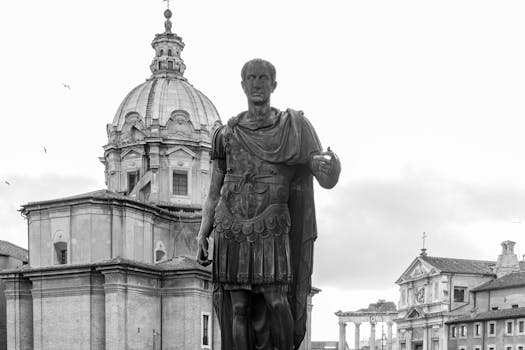The Impact of Cesar Chavez on Labor Rights

Cesar Chavez remains a pivotal figure in the history of labor rights, particularly for agricultural workers in the United States. His tireless efforts and leadership in the mid-20th century led to significant advancements in the conditions and rights of farmworkers. Chavez co-founded the National Farm Workers Association (NFWA), which later became the United Farm Workers (UFW), an organization that played a crucial role in advocating for labor reforms. His legacy continues to inspire labor movements and civil rights advocacy worldwide.
Early Life and Influences
Cesar Chavez was born on March 31, 1927, in Yuma, Arizona, to a family of Mexican-American farmworkers. The harsh realities of migrant labor deeply affected him from a young age. Chavez’s family lost their farm during the Great Depression, forcing them to become migrant workers themselves. This experience exposed him to the poor working conditions and exploitation faced by agricultural workers.
In his early years, Chavez dropped out of school after the eighth grade to help support his family. Despite his limited formal education, he was profoundly influenced by his mother’s teachings on nonviolence and social justice, as well as by his interactions with community organizers and union leaders.
Chavez’s early experiences laid the groundwork for his later activism. He joined the U.S. Navy during World War II but returned to California afterward, where he became involved with grassroots organizations that aimed to improve labor conditions for farmworkers.
Formation of the United Farm Workers
In 1962, Cesar Chavez co-founded the National Farm Workers Association (NFWA) with Dolores Huerta. The NFWA aimed to address the numerous injustices faced by farmworkers, including low wages, poor working conditions, and lack of legal protections. The organization later merged with the Agricultural Workers Organizing Committee (AWOC) to form the United Farm Workers (UFW).
The UFW adopted nonviolent tactics inspired by Mahatma Gandhi and Martin Luther King Jr., including strikes, boycotts, and marches. One of their most notable actions was the Delano grape strike in 1965. This five-year strike against grape growers in California sought to improve wages and working conditions for grape pickers.
The strike garnered national attention and widespread support from various social justice groups, leading to significant victories for the UFW. In 1970, growers signed contracts recognizing the union and agreeing to better pay and benefits for workers.
Key Achievements
- Legislation: Chavez's activism led to the passage of several laws benefiting farmworkers, including California’s Agricultural Labor Relations Act of 1975.
- Health and Safety: The UFW successfully campaigned for regulations requiring clean drinking water and sanitary facilities in fields.
- Educational Programs: The union established educational initiatives for workers and their families.
Chavez's relentless efforts also led to improved housing conditions for farmworkers and greater awareness about pesticide exposure risks. His leadership helped bring about tangible changes that enhanced the quality of life for countless agricultural laborers.
Challenges and Criticisms
Despite these successes, Chavez and the UFW faced numerous challenges. Internal conflicts within the union sometimes hampered its effectiveness. Additionally, changes in agricultural practices and labor markets presented ongoing obstacles.
Chavez was also criticized for his leadership style. Some argued that he was too autocratic, while others believed that certain strategic decisions were misguided. Nevertheless, his commitment to nonviolence and social justice remained steadfast throughout his life.
Legacy and Continuing Influence
Cesar Chavez's legacy endures through various means. In 1994, he was posthumously awarded the Presidential Medal of Freedom by President Bill Clinton. His birthday, March 31st, is celebrated as Cesar Chavez Day in several states across the U.S., honoring his contributions to labor rights.
The principles Chavez championed continue to influence modern labor movements. Organizations like the UFW still advocate for farmworkers' rights, drawing inspiration from Chavez’s methods and ideals.
| Key Events | Year | Outcome |
|---|---|---|
| Formation of NFWA | 1962 | Laid foundation for UFW |
| Delano Grape Strike | 1965-1970 | Union recognition; improved wages/conditions |
| Agricultural Labor Relations Act | 1975 | Legal protections for farmworkers in CA |
| Cesar Chavez Day declared | 2000 (first observed) | Recognition of contributions to labor rights |
Cesar Chavez’s dedication to improving labor rights has left an indelible mark on American history. His efforts not only brought about significant legislative changes but also fostered a broader movement towards social justice and equity for marginalized workers. By employing nonviolent tactics and building coalitions across diverse groups, Chavez demonstrated that collective action could lead to meaningful change.
The principles he championed continue to resonate today as labor movements worldwide draw inspiration from his legacy. While challenges remain in achieving full equality for all workers, Cesar Chavez’s enduring influence serves as a powerful reminder of what can be accomplished through determination, unity, and unwavering commitment to justice.